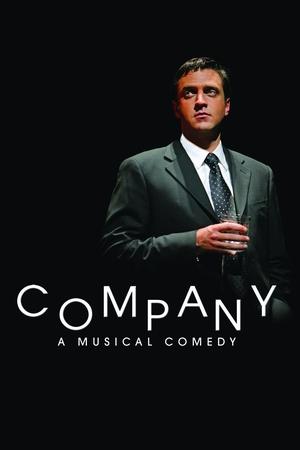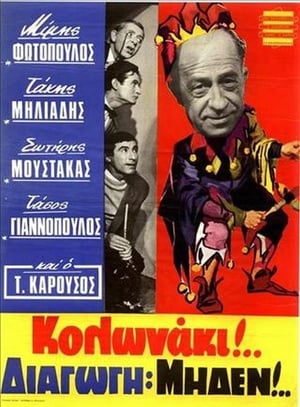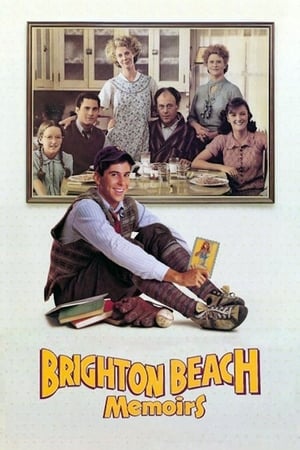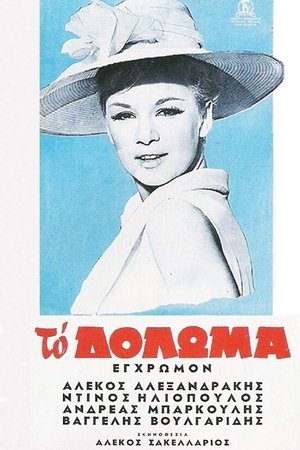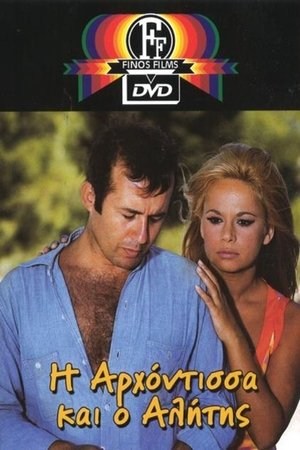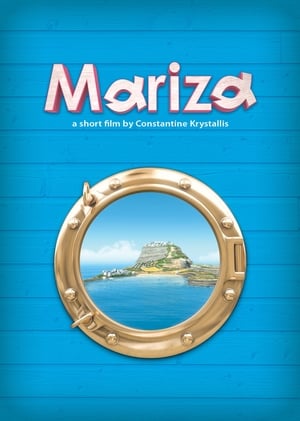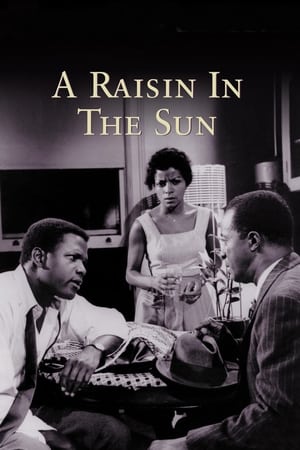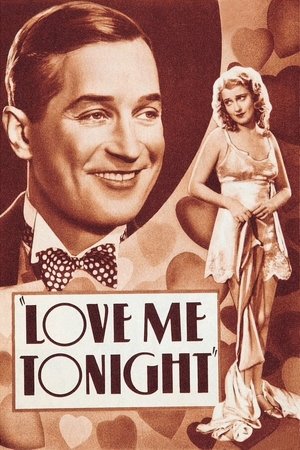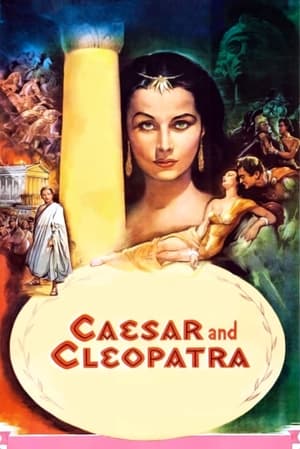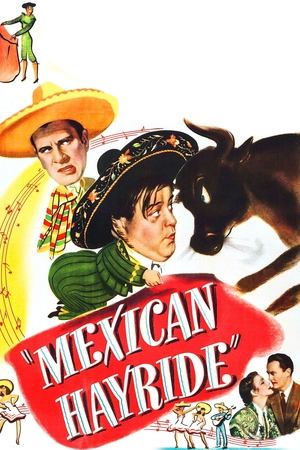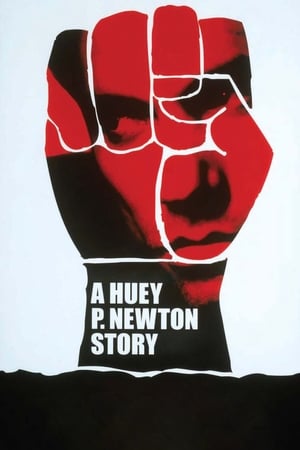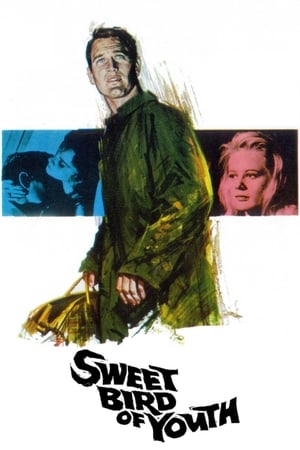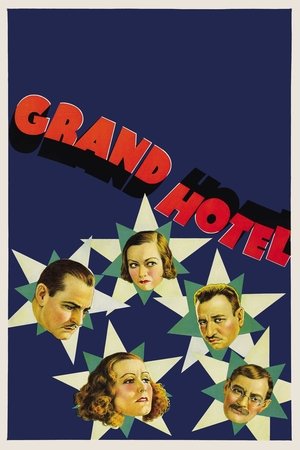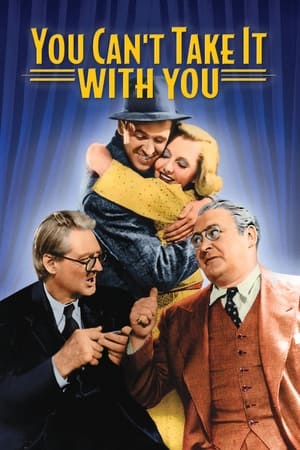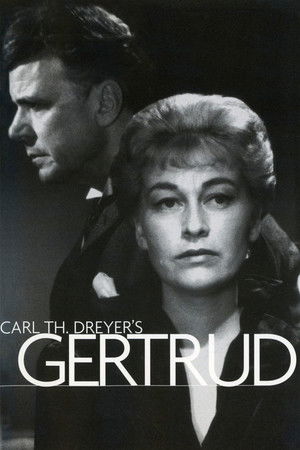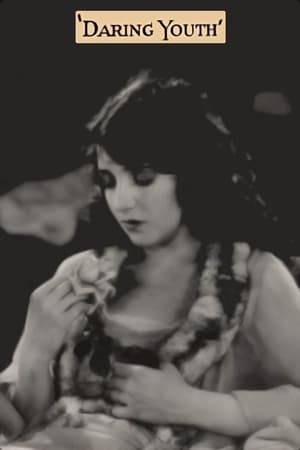Overview
Wondering what has happened to herself, now feeling stagnant and in a rut, Shirley Valentine finds herself regularly talking to the wall while preparing her husband's chips and egg. When her best friend wins a trip-for-two to Greece Shirley begins to see the world, and herself, in a different light.
Reviews
Willy Russell adapted his own play for this tour de force from Pauline Collins as the bored housewife who spends much of her time at home guzzling wine and talking to the wall before her husband (Bernard Hill) comes home from work for his supper at 6pm prompt! When her friend "Jane" (Alison Steadman) wins an holiday on Mykonos for a fortnight, she invites "Shirley" to accompany her. She initially dithers but luckily a visit from her rather selfish daughter "Millandra" (Tracie Bennett) convinces her to head to the sunshine after all. Her pal doesn't even make it off the plane before she pulls, and so "Shirley" is left to her own devices. She quickly finds a replacement for her wall - a rock (not called Hudson) and it begins to look like she has merely substituted a beach for her kitchen at home, especially as the other British tourists who try to adopt her turn out to be twits of the highest order! Then she heads out for a stroll where she happens upon a small seaside bar where she meets the suave, moustachioed "Costas" (Tom Conti) and her adventure really begins. This is a very British film, this, I think. The nature of the humour is sarcastic and downbeat - and it is frequently laugh out loud and usually effective. The observational nature of the dialogue - often quite pithily delivered using her inanimate companions - is also enjoyable (and used effectively too by her lonely husband in his bomb-site of a kitchen). Miss Collins got an Oscar nomination for her performance here, and that was well deserved as I left the cinema wondering just how many real middle-aged people come to their senses in their mid-forties and realise that their lives have been lived vicariously and largely passed them by.
"Shirley Valentine" is a hugely entertaining film populated by richly layered and vividly drawn characters and fortunately it successfully manages to completely depart from its small scale theatrical roots to become a genuine motion picture treat. It essentially covers the same basic themes as "Educating Rita" (1983) and it is just as successful at doing this the second time around. The central characters of Rita and Shirley are also interesting. The former was about to become stymied by the very life the latter is already wearily trudging through on a daily basis, but they are both women trapped by the monotonous circumstances of their mundane lives and they desperately want so much more to live for in a world that is rapidly passing them by. They are eager to explore their potential as people after they have solemnly taken stock of their meagre lives so far and asked themselves the important question: "Am I really doing what I want to?" and the conclusion they both reach is much the same as for the vast majority of us: "No, I am not."

 108 min
108 min
 6.255
6.255
 1989
1989
 United Kingdom
United Kingdom
 CinemaSerf wrote:
CinemaSerf wrote: